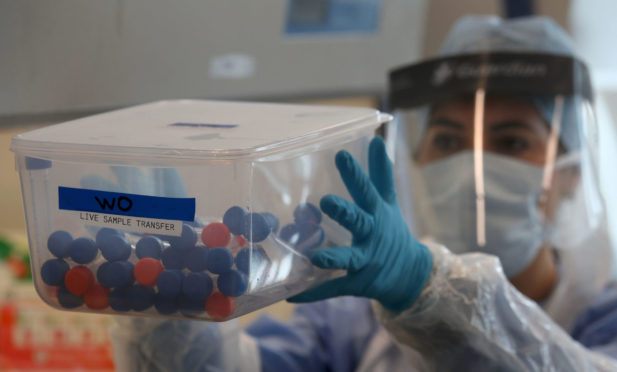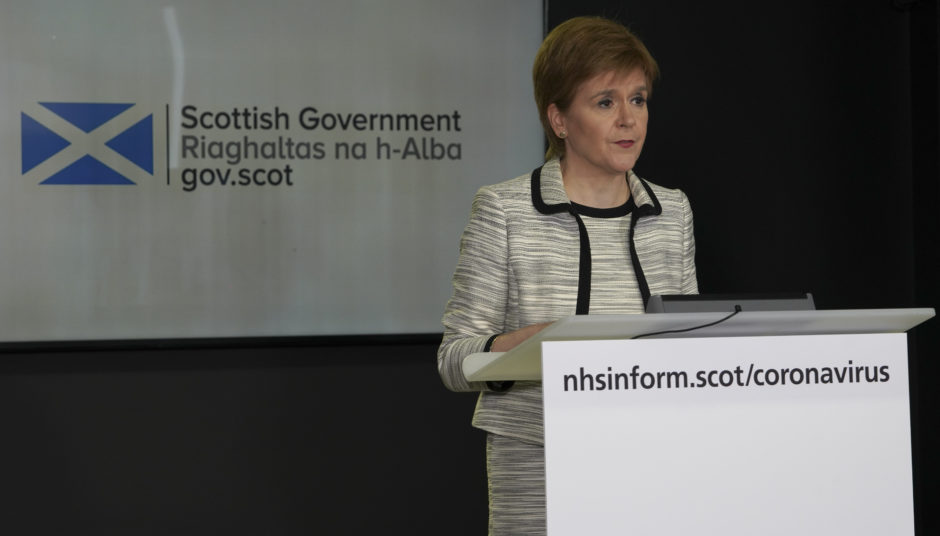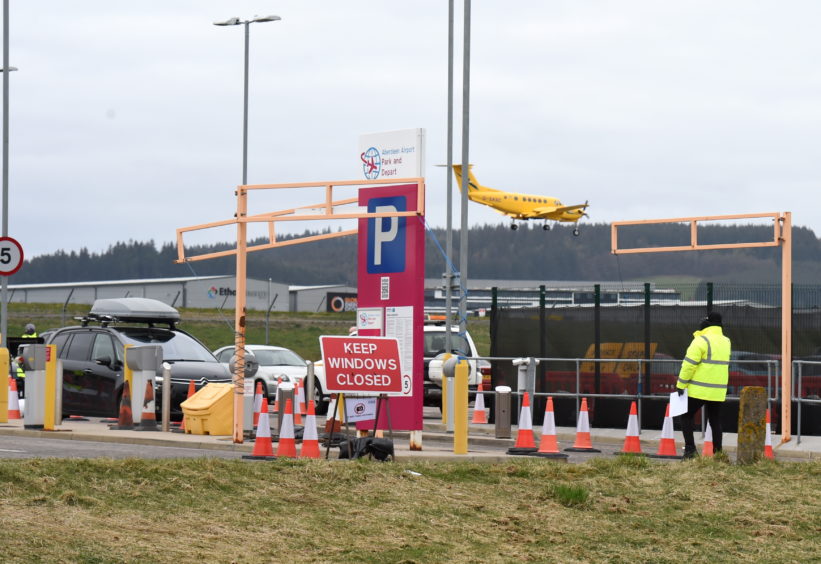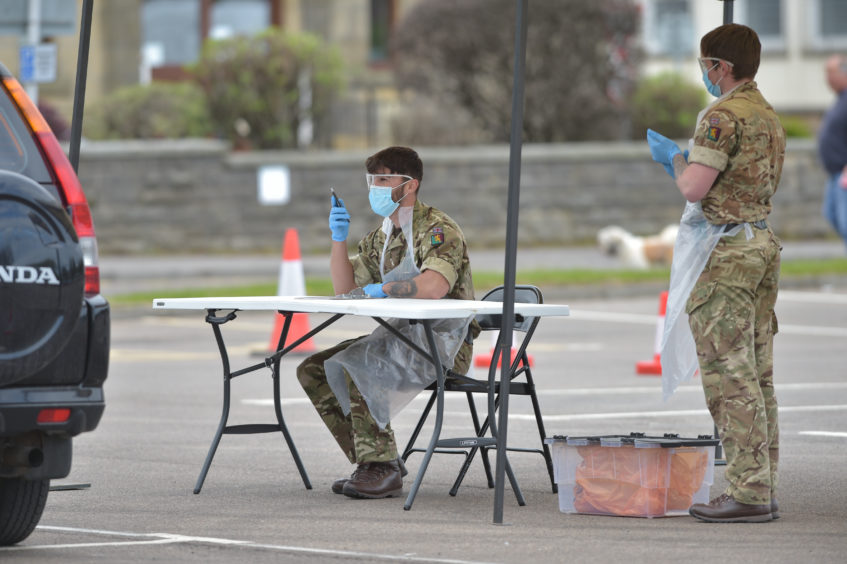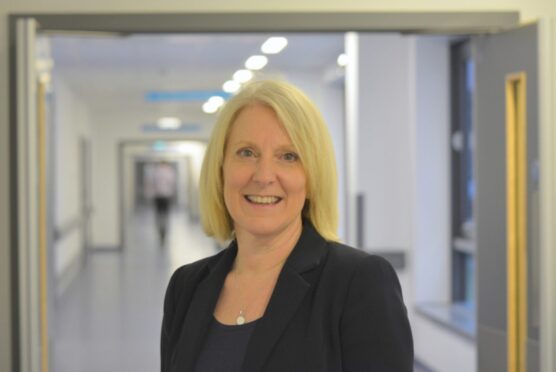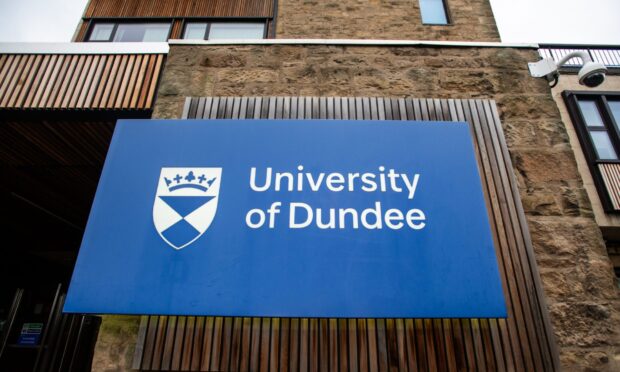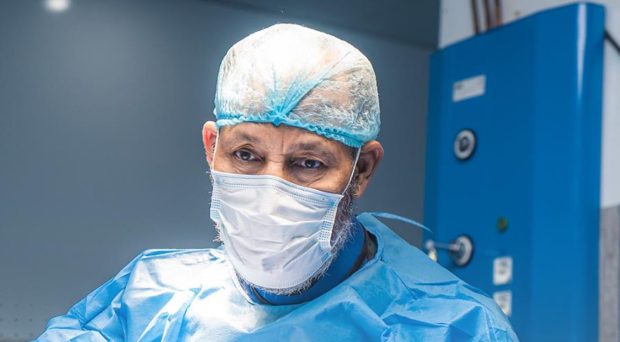First Minister Nicola Sturgeon has announced NHS Scotland’s testing capacity has exceeded its target for the end of April, with plans to build on this in the weeks and months ahead.
With testing hailed as one of the key factors to help curb the spread of the virus, we take a look at plans to expand the number of tests, to expand the eligibility for tests and the strategy for the future.
What is the current testing capacity in Scotland?
By the end of April, the Scottish Government said it wanted to reach a testing capacity within its NHS labs of 3,500 tests per day.
At the start of the outbreak, there were two NHS labs – in Glasgow and in Edinburgh – that between them could do 350 tests a day.
As of Friday, the First Minister said Scotland had exceeded its target and has active lab capacity for 4,350 tests a day to be carried out by the NHS, with NHS labs now operating in all 14 health board areas.
By the end of next week, the capacity within the NHS will increase further, to 6,500 tests per day, with an aim of 8,000 by the middle of May.
Scotland is also benefiting from UK-wide testing schemes with the Lighthouse Laboratory based at Glasgow University becoming operational last week – one of three across the UK.
The majority of samples processed there are taken from regional drive-thru centres in Aberdeen, Edinburgh, Glasgow, Inverness and Perth.
The new Glasgow lab has a capacity of 4,000 tests a day but this will reduce to 2,000 tests a day over the next four days as they move to a new shift system before increasing to 4,000 again from Tuesday.
Therefore, between Scotland’s NHS and the UK-wide scheme, the total daily capacity is now 8,350 tests per day.
Due to the increased capacity within the NHS, this expected to increase to 10,500 by next week and 12,000 by the middle of the month.
How many tests are currently being carried out?
“Fluctuations in daily demand” mean the Scottish Government will never “perfectly match” the number of tests to capacity for testing, the First Minister claimed during her daily briefing on Friday.
She added there were also “very good clinical reasons” why one patient might require more than one test so the number of tests carried out will never equal the number of people tested.
On Thursday, there were 2,537 NHS tests carried out of an overall total of 74,984 tests since the pandemic began.
On that same day a total of 2,124 tests were carried out at the regional drive-thru centres across Scotland and these figures will now be included in the daily figures released each day.
A total of 22,400 key workers or family members have been tested within the NHS system, with more than 4,000 of these in the last week.
Who can be tested?
The First Minister said the increase in capacity means Scotland can now extend the eligibility for testing, with care homes a “priority”.
Care home workers
Care home residents, residents entering a care home from hospital and care workers with symptoms were already being tested.
However, the First Minister said this will be expanded to test all residents and staff in those homes with an outbreak, whether they have symptoms or not.
In addition, where a care home with an outbreak is part of a chain and staff might be moving between different homes, urgent testing will also be carried out in any linked homes.
Testing will also begin in care homes where there are no cases, including residents and staff who are not symptomatic.
Ms Sturgeon added that this would prove a “significant operational task”, adding the government did not underestimate the “logistical and workforce requirements”.
However, the increased capacity will ensure this happens as “swiftly as practically possible”, she claimed.
Expansion of eligibility at UK test centres
The First Minister said there will also be an extension to the UK-wide booking system and drive-thru centres.
This will now include all those over the age of 65 with symptoms and their households.
In addition to key workers who are already eligible through this system, anyone who is not a key worker but is required to leave home to go to work will be eligible for a test.
The Scottish Government will take steps in the coming days to increase awareness of those who can book tests through this system and, if demand is high, an online queuing system could be introduced.
What is antibody testing and how is it being used in Scotland?
PCR tests are the most commonly used diagnostic tests to determine whether someone is currently infected with the coronavirus, taking samples collected from a patient’s throat or nose.
Antibody testing, rather than testing the virus itself, detects antibodies or proteins in the blood that bodies develop in order to fight off the virus – giving a history of the infection.
Speaking during Friday’s daily briefing, Health Secretary Jeane Freeman said antibody testing is an “important tool” to indicate if a person has had the infection or not.
The test uses blood samples drawn at random from a range of blood testing processes, with these then passed to an NHS lab in Inverness.
The threshold of antibodies in the blood sample is detected and the results recorded.
These results are then verified and analysed against wider population information to produce estimates of how prevalent the virus is in populations.
Ms Freeman said Health Protection Scotland (HPS) has already been gathering blood samples “in anticipation” of a fully validated antibody test becoming available.
What this then gives us is information from that testing over that 16-week period starting from the middle of May and going forward.”
Jeane Freeman
Approximately 500 residual samples will be tested per week in Inverness.
To begin with there will only be six health boards taking part by collecting and sending blood samples: Lothian, Greater Glasgow and Clyde, Lanarkshire, Tayside, Highland and Grampian.
HPS is anticipating that this testing will start on Wednesday and will run for at least 16 weeks.
Health Secretary Jeane Freeman said: “What this then gives us is information from that testing over that 16-week period starting from the middle of May and going forward.
“This work will provide statistically robust estimates of the share of the population that has antibodies, including those who have not reported symptoms or had only experience of mild symptoms.”
What are the testing plans for the future?
Speaking on Friday, the First Minister said while “significant strides” had been made in terms of boosting testing capacity, there will be a distinct move to a ‘test, trace, isolate’ system in order to help relieve the lockdown measures.
This approach means testing people for coronavirus, tracking the spread of the virus, then tracing the people an infected person has come into contact with.
More detail on this will be revealed next week but will involve a further increase to testing capacity.
